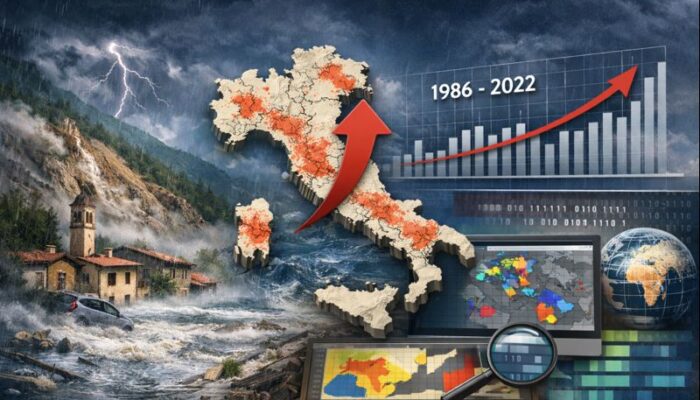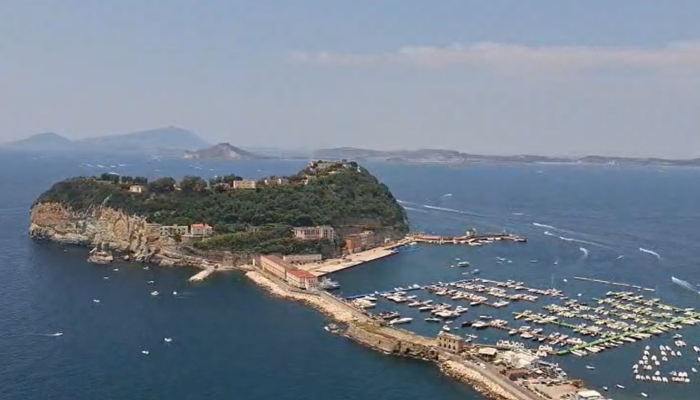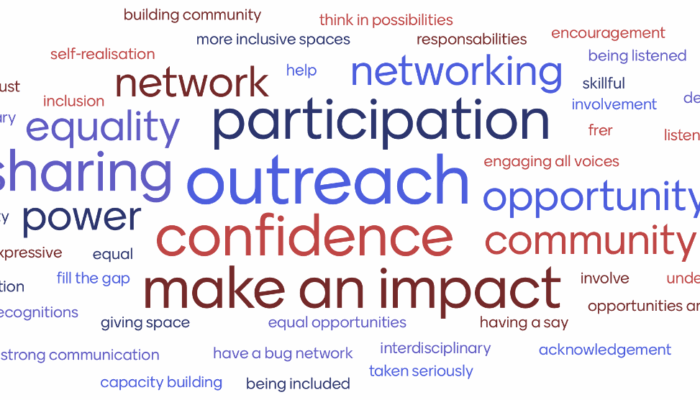Intense rainfall lasting only a few hours is often enough to trigger natural hazards such as flash floods and landslides, leading to severe damage to infrastructure. These short-lived events are among the most dangerous natural hazards in the Mediterranean region, yet they are also among the hardest to study. Their small spatial scale and brief duration mean that they are often missed or underesti ...[Read More]
Hunting for historical Adriatic meteotsunamis
Before modern instruments, our only clues about past sea events came from written records and folklore. Along the eastern Adriatic coast, stories of sudden floods and “tidal waves” (locally called šćiga) have been passed down for generations. These waves, described as rapid rises and falls of the sea that could flood or empty harbours within minutes, were carved into Adriatic coastal life as rare ...[Read More]
Living with a restless giant: The challenge of multi-risk management and communication at Campi Flegrei Volcano
Nestled within one of Europe’s most densely populated regions, the Campi Flegrei caldera is a volcanic system whose secular unrest shapes the daily life of its inhabitants. Here, during the last decade and still ongoing crisis, ground uplift, frequent earthquakes, and persistent gas emissions interact to create a complex, evolving multi-risk environment. These natural hazards rarely follow simple ...[Read More]
How can we encourage and empower Early Career Researchers? Reflections on a short course held at EGU 2025
At the EGU General Assembly 2025, we initiated a short course entitled “Best Practices for Early Career Researcher (ECR) Engagement and Empowerment in Research Projects”, designed and led by Early Career Researchers (ECRs). The goal was to provide an interactive platform for ECRs, project leaders, and anyone involved in research projects to come together, reflect, share experiences, co-learn, and ...[Read More]




